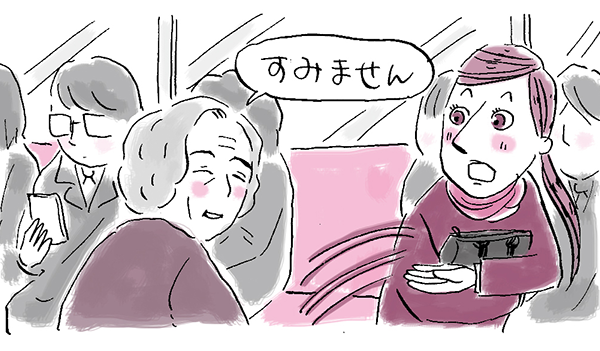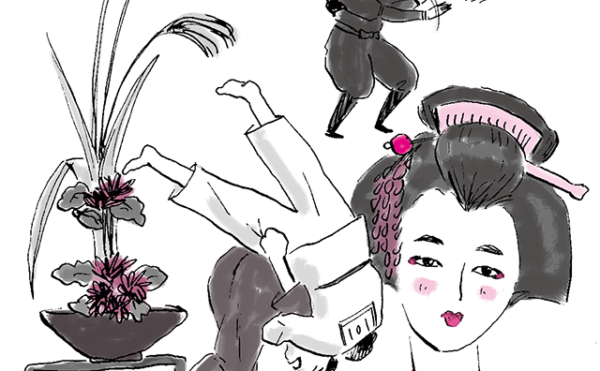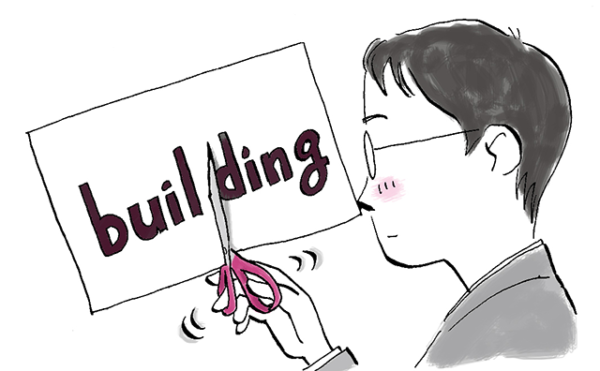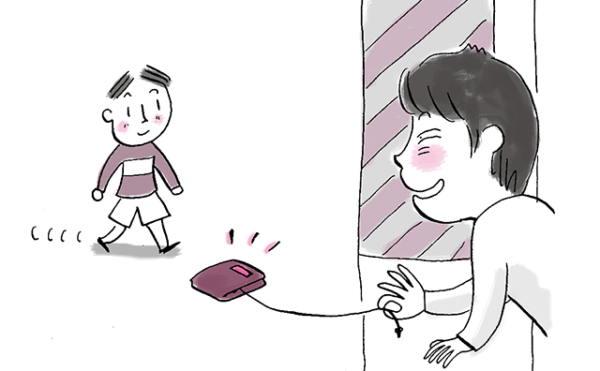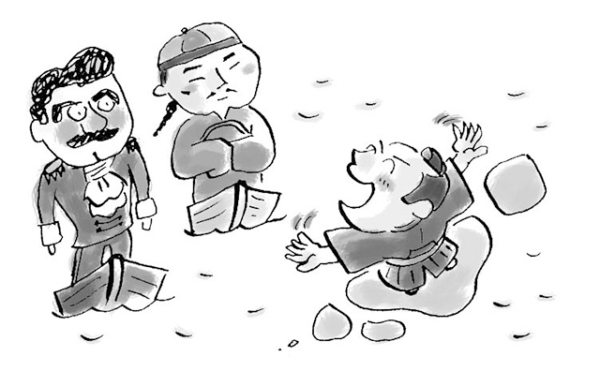Expressions that Also Have a Contradictory Meaning
“Sumimasen” is an expression for “Excuse me,” or “I’m sorry,” but it is used to mean the opposite: “Thank you.” For instance, when you give up a seat to someone on a train, and the person says “sumimasen,” they mean “Thank you.” “Kekkou” has two meanings: “ii desu ne” and “irimasen.” If you say, “kore […]

